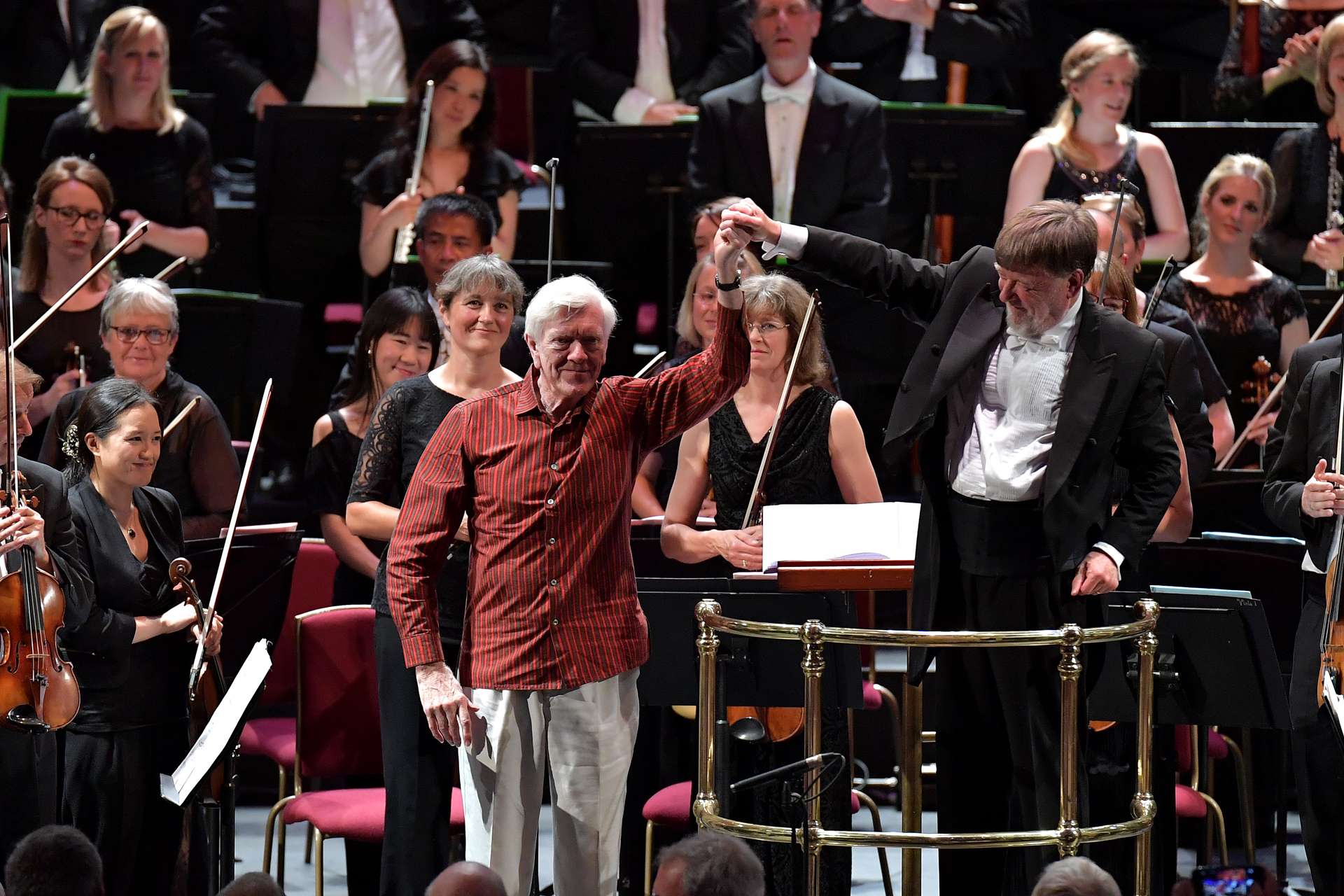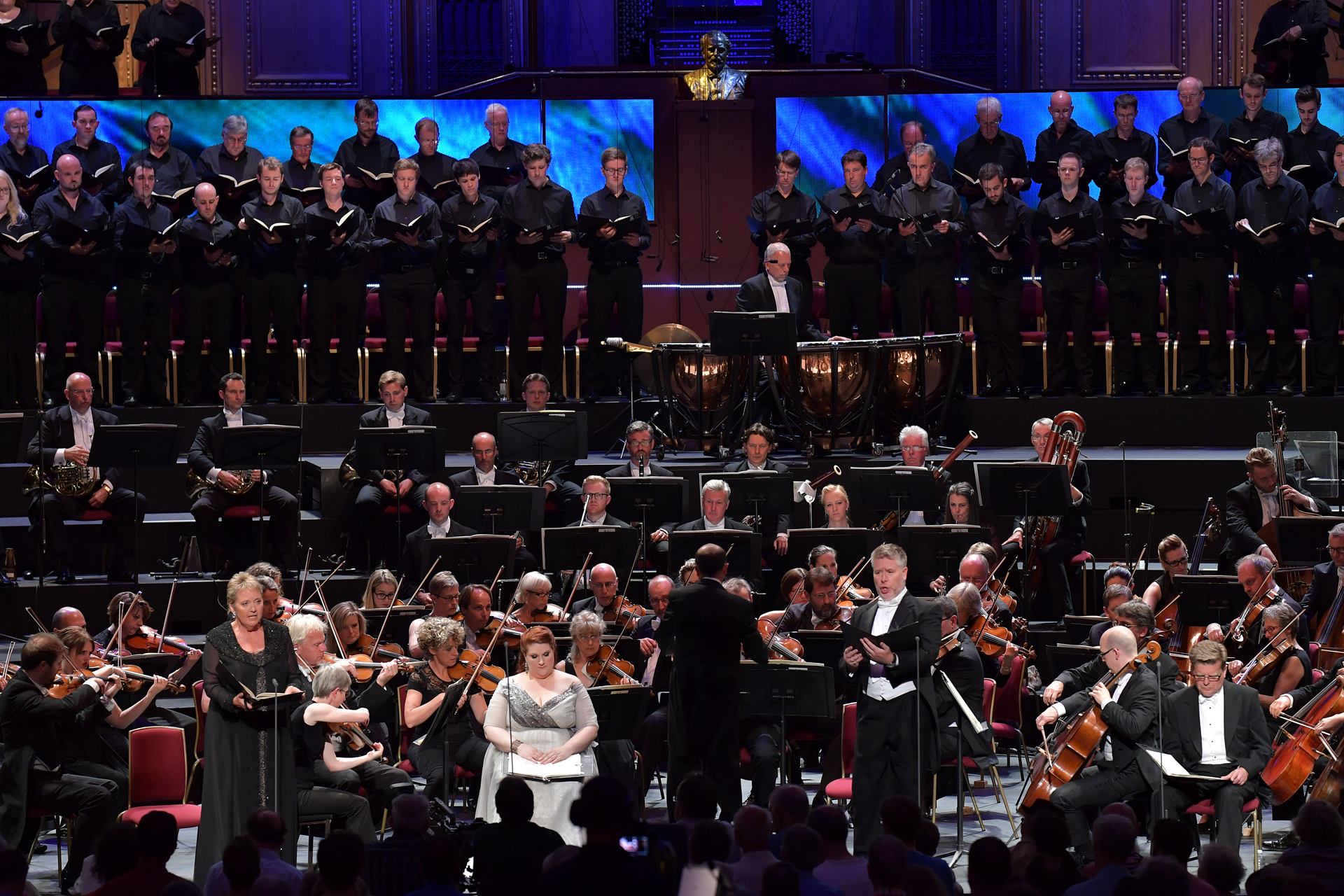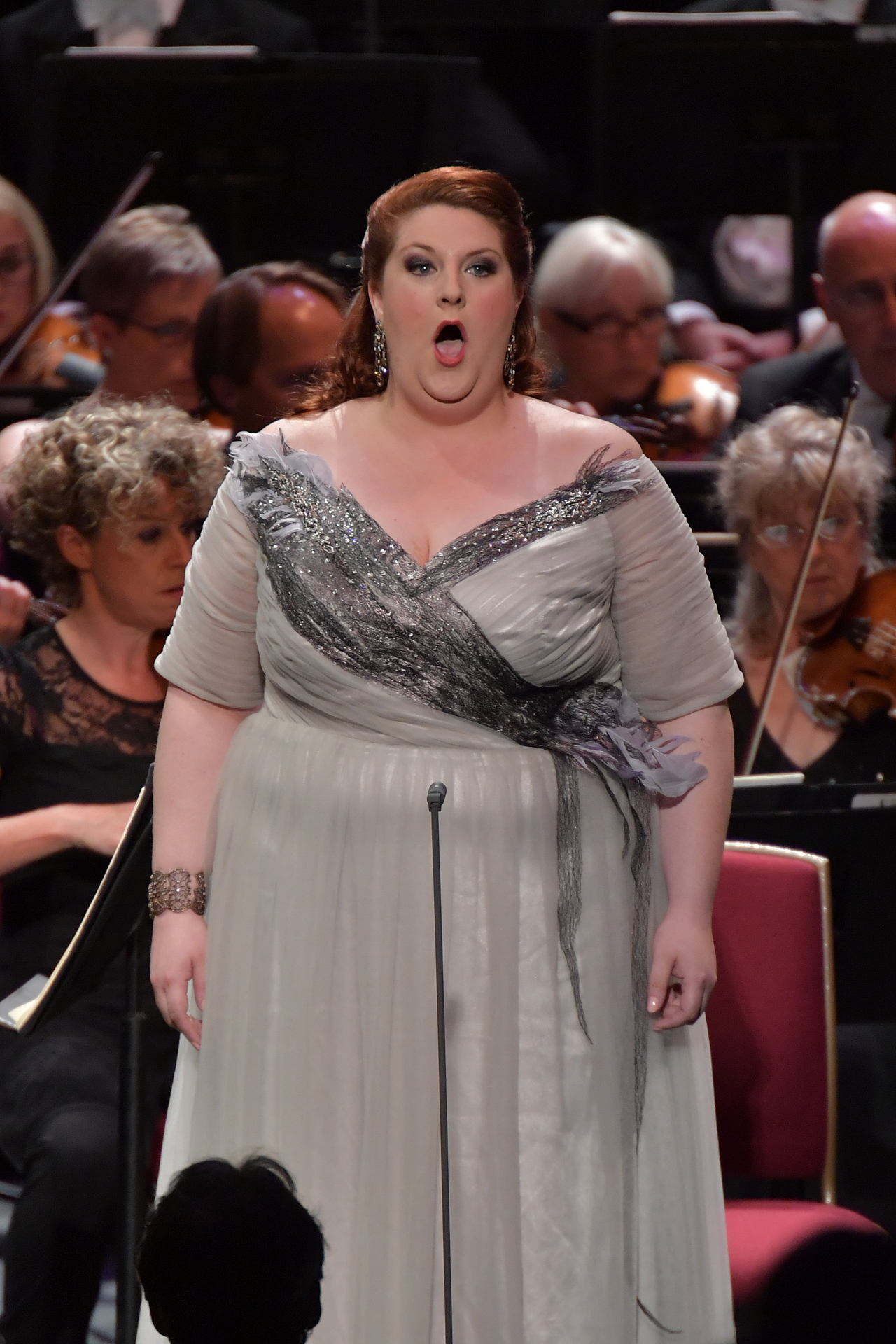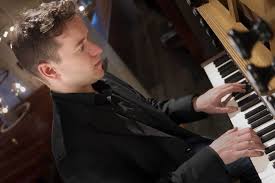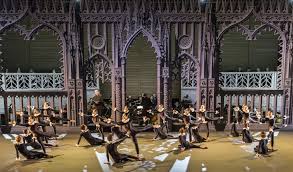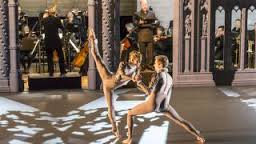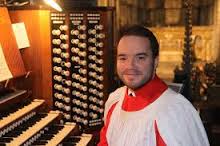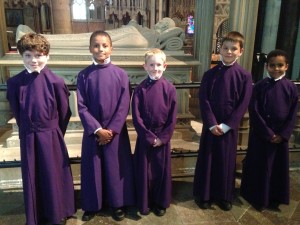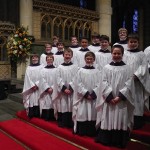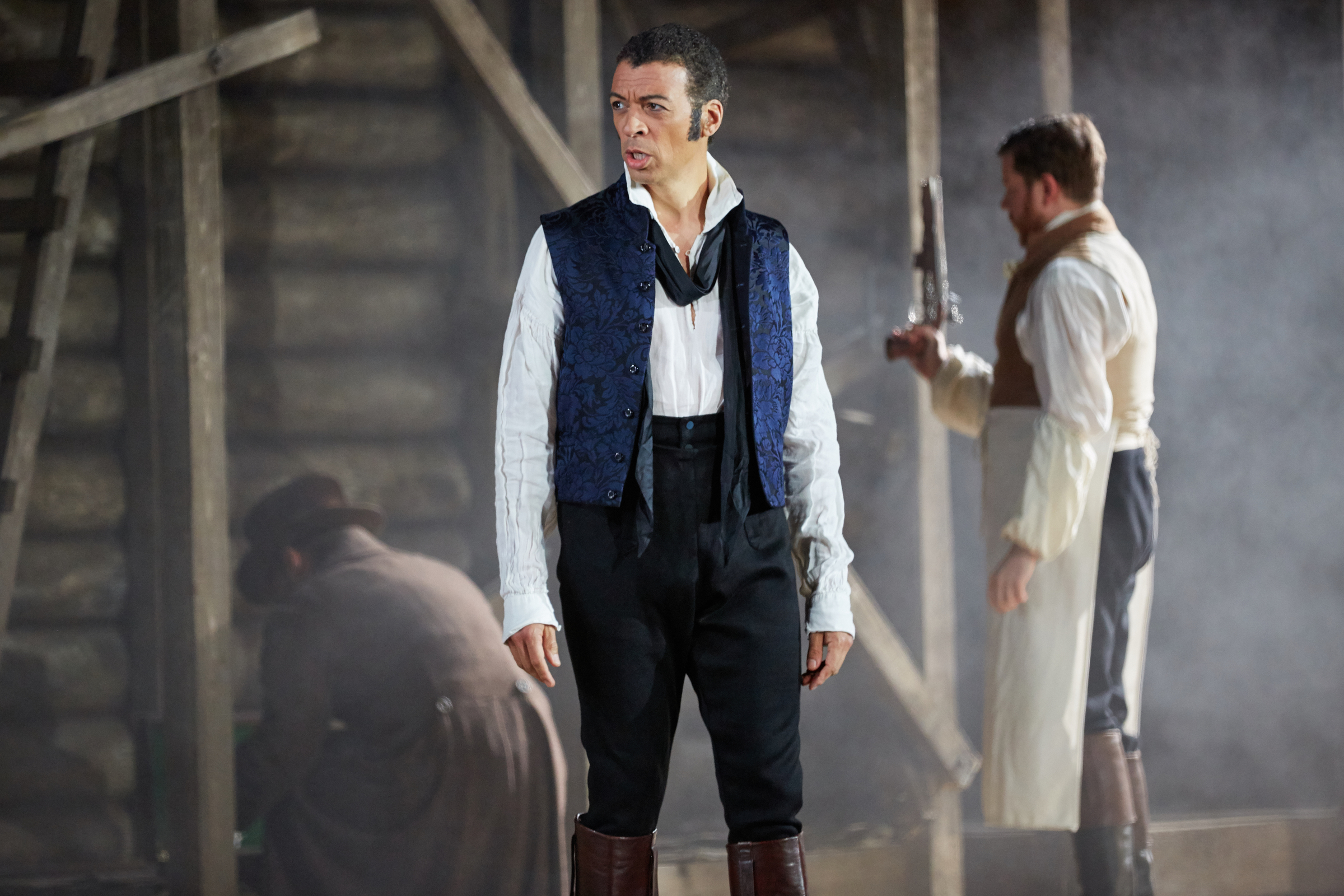Royal Albert Hall, Tuesday 26 July 2016
A very strange programme, bringing together two choral works, a little known piece by Tchaikovsky and the world’s favourite violin concerto. This latter may account for the very full house, many of whom were obviously having difficulty with Anthony Payne’s BBC commission Of Land, Sea and Sky.
The evening opened with Tchaikovsky’s Symphonic Fantasy The Tempest. Written after Romeo & Juliet it is hard to credit that the composer should have reverted to such a pedantic approach to the narrative. Episodes are introduced, given some slight development and then passed over. Only the opening and closing sea sections have any real musical interest and there is much generalised romantic wash in between. The BBC Symphony Orchestra did their best under Sir Andrew Davis but it was very much a case of silk purses and sows’ ears.
Thankfully Anthony Payne’s Of Land, Sea and Sky was both more demanding and more rewarding. He had written his own text for the work which, if uneven, is a workmanlike vehicle for the score which obviously came first. It draws together a number of different images which reflect on the battle of the Somme, all hinging on Arthur Streeton’s enigmatic painting of the Somme Valley. This sense of illusion, of things half seen and half understood is very well captured in the score itself with fleeting images of horses, storms and eventually the obliteration of everything by the sheer force of nature – whether released by man himself or by the planet in answer.
The spoken passages are not as effective as the choral settings where he deliberately keeps the textures light, moving frequently between male and female voices, without complex harmony.
The orchestral score has reflections of Britten in the earlier passages but the underlying influence here seems to be Alban Berg at his most romantic. It is a work that will certainly be worth re-hearing and it is good it will be available for the next 30 days via the internet.
Ray Chen was the soloist in Bruch’s First Violin Concerto, bringing an easy charm to its familiar pages. Given the enthusiasm of the reception it was inevitable that he would provide an encore which gave him a chance to demonstrate his technique in Paganini’s Caprice Op21. The concert ended with Vaughan Williams’ Toward the Unknown Region. The young composer studied with Bruch in Berlin but developed a style very different from the German Romantic. Toward the Unknown Region was his first major choral work and its spiritual depth in the setting of words by Walt Whitman was to set a pattern for much that was to come. It was, for me, the highlight of the evening, beautifully crafted by both singers and conductor.

